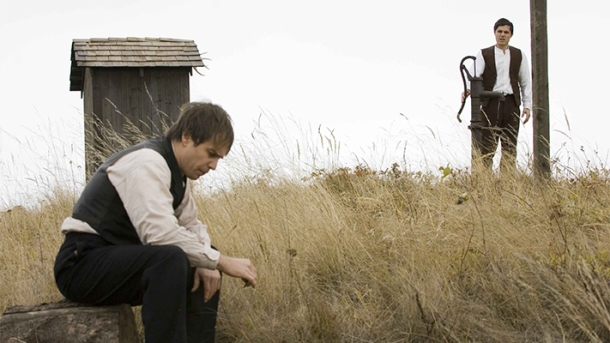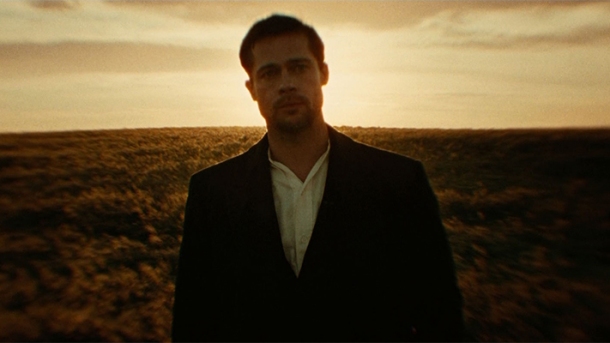When The Assassination of Jesse James by the Coward Robert Ford was released in 2007, it was met with mixed to positive reviews from both critics and audiences. When it came to the awards season that year, it only garnered two Oscar nominations – one for Casey Affleck in the best supporting actor category and the other for Roger Deakins for best cinematography. When it came to the critics’ best of the year lists, the film was largely excluded, and by the time we reached the best of the decade lists it was virtually forgotten.
Yet somehow, its reputation seems to keep growing and I begin to see more and more people show appreciation for Andrew Dominik’s epic western. In articles about underrated movies, this will inevitably rear its head, and since its release, there have been several prominent supporters hailing it as a modern masterpiece – one person being Scout Tafoya, who gives a passionate response to the film in his video essay.
The loyal following gives the impression that The Assassination of Jesse James could perhaps one day achieve cult status, but if we’re honest, it just doesn’t fit that tag. The film is far too contemplative, too solemn, too slow, to fit the conventional label of cult classic. Even the most diehard devotees acknowledge the deliberate pacing as a possible reason why it didn’t get more praise from viewers or critics at the time – there’s very little you can say to someone to convince them if they find it boring.

But it is this patient style storytelling that gives the film its power. Every subtle moment, every little action, is given importance in time and space. The cinematography by Deakins is breathtaking – a rare combination of being dazzlingly beautiful and technically masterful (the range of visual techniques is probably best demonstrated in the opening monologue, which is narrated by Hugh Ross to chilly effect). The score by Nick Cave and Warren Ellis is also wonderful. It’s resonating without being intrusive, and delicate whilst also haunting.
There’s more to the Assassination of Jesse James than just aesthetics, however. Complicated themes of idolisation, betrayal, death and regret loom heavy throughout its two-hour-plus runtime. It’s more thought-provoking and complicated than many gave credit for, and it’s beauty goes deeper than just its surface level.
Two other revisionist westerns were released the same year as this picture – those being There Will Be Blood and No Country For Old Men. And it would be reasonable to assume that these partially stole the spotlight from poor old Jesse when it was released. Critical reappraisal doesn’t seem forthcoming, however. Even in recent discussions I see people dismissing it outright, believing it be undeserving of any kind of re-evaluation. But if its devoted followers keep increasing, maybe the legacy of Jesse will grow bigger than initially expected.
